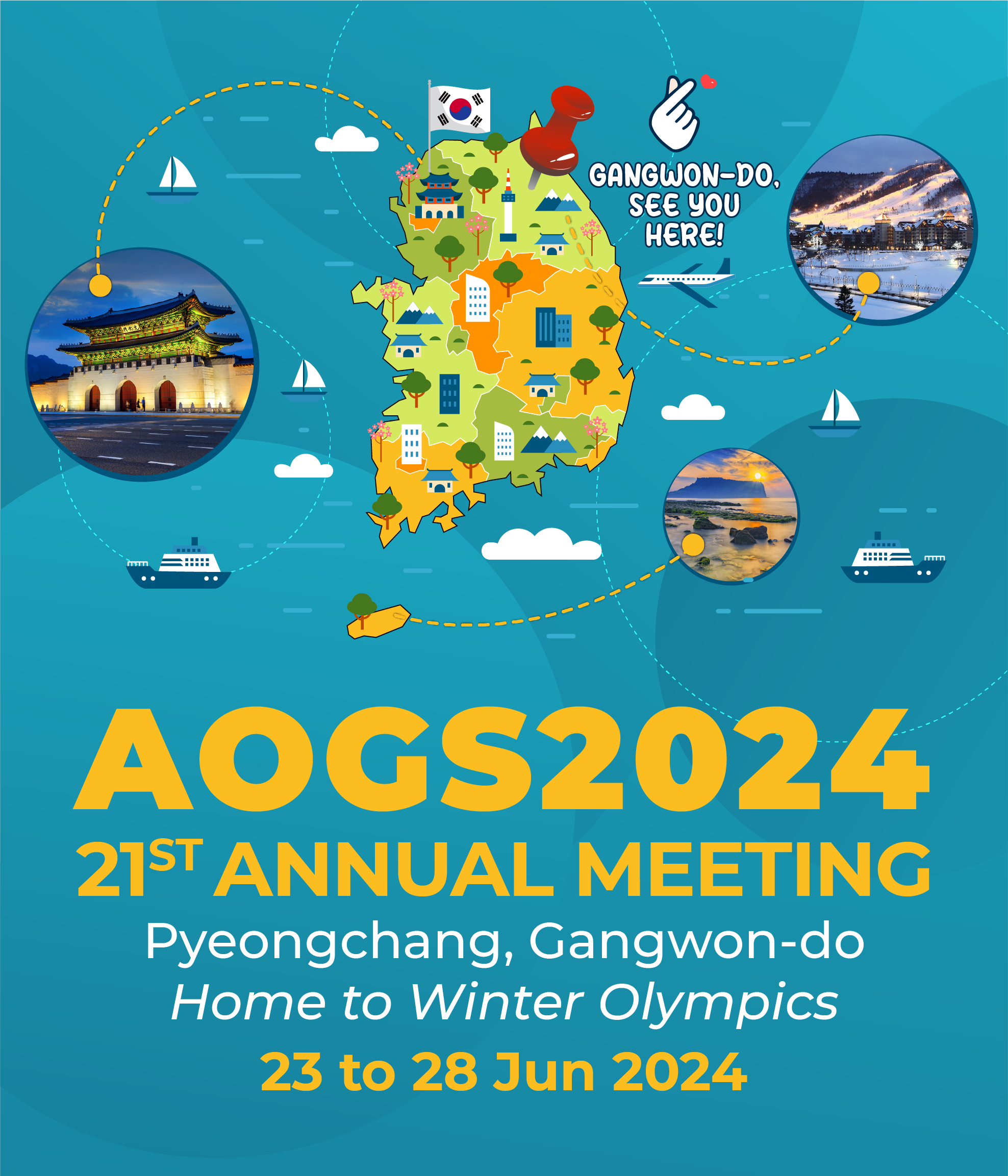
OS Distinguished Lecture | 27 Jun (Thu) 11:00 AM - 12:30 PM | Pyeongchang Hall II, Alpensia Convention Center

Changming DONG
Dean, School of Marine Sciences,
Nanjing University of Information Science and Technology
Prof. Changming Dong, Physical Oceanographer, the Dean at School of Marine Sciences, Nanjing University of Information Science and Technology (NUIST), China. Prof. Dong obtained his Ph.D. from Columbia University in 2002. After his graduation, Prof. Dong was trained in postdoc programs at Princeton University and University of California, Los Angeles (UCLA) from 2002 to 2004. From 2004-2013, Prof. Dong worked as a researcher and teaching faculty member at UCLA and El Camino College. In 2014, Prof. Dong joined the faculty at School of Marine Sciences, NUIST. Prof Dong has broad research interests: meso- submeso-scale oceanic dynamics, numerical modeling, laboratory geophysical fluid dynamics, artificial intelligent oceanography and so on. Prof. Dong has developed a series of eddy detection schemes using kinematic methods and AI methods and published a multiple-variable global oceanic eddy dataset. He has published over 170 peer-reviewed academic papers and 6 academic books. He served Asian Oceania Geosciences Society (AOGS) as the president of Oceanic Section from 2018-2019 and the vice president till 2023. He is also an editorial board member of Deep-Sea Research I, Ocean Modeling and Remote Sensing and other academic journals.
AI Applications in Oceanography
With the availability of petabytes of oceanographic observations and numerical model simulations, artificial intelligence (AI) tools are being increasingly leveraged in a variety of applications in oceanography. In this talk, these applications are reviewed from the perspectives of identifying, forecasting, parameterizing ocean phenomena and AI-based methods to solve N-S equations. Specifically, the usage of AI algorithms for the identification of mesoscale eddies, internal waves, oil spills, sea ice, and marine algae are discussed in this talk. Additionally, AI-based forecastings of surface waves and the El Niño Southern Oscillation are presented. This is followed by a discussion on the usage of these schemes to parameterize oceanic turbulence. Moreover, physics-informed deep learning neural networks are discussed within an oceanographic context, and further applications with ocean digital twins and physics-constrained AI algorithms are described.
